Diana Holding Morocco: Socially Responsible Group
Diana Holding, President, Brahim Zniber
To meet the challenge of this social deficit, there is no better remedy than economic growth and good governance.
Interview with Brahim Zniber, President of Diana Holding
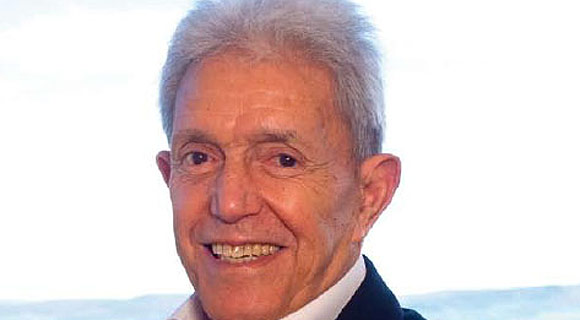
As one of the flagship companies in Morocco, what do you think of the reforms in the country notably on a social scale and what are the main challenges facing Morocco today?
I sincerely think that Morocco is evolving positively with the firm if not fierce determination expressed by its higher authorities to counterbalance the social gap that unfortunately, continues to exist.
To meet the challenge of this social deficit, there is no better remedy than economic growth and good governance. In addition, I firmly believe that the social dimension is not the only consideration to take into account and understand the events that are currently shaking certain countries in the Arab world.
To meet the challenge of this social deficit, there is no better remedy than economic growth and good governance.
The Arab citizen is also in search of dignity and freedom. And yet, from this point of view, it seems to me that Morocco has made the choice of a liberal system, concerned with the rights of its citizens. Admittedly, there is still a lot to be done but the main tendency goes to the hope of a better tomorrow. It is why I remain optimist for the future of our country. My temperament as much as my reason, incline me to this optimism.
Can you succinctly present Diana Holding (activities, clients, products…)?
The activities of DIANA HOLDING are mainly focused on the agricultural and agribusiness sectors with the triple determination to:
Excel in our core sectors: olive oil, wine, arboriculture, nurseries, composting, soft drinks…, and secondarily other sectors of activity that we have invested or plan to invest in;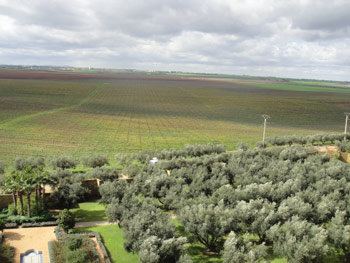
Ensure the integration of our network at all levels;
Put man and human resources at the centre of our preoccupations.
What are the advantages for a company such as yours to be established in Morocco and at Meknès in particular?
Morocco is every Moroccan’s home and Meknès is my « special favourite ». However, even though our firm is well established in the region of Meknès, it is also present on the rest of the national territory, notably in the regions of Tangier, Oujda, Rabat, Casablanca and more symbolically Agadir.
How do you evaluate the agribusiness sector in 2010 and what are the perspectives for 2011. What are the main challenges for the Moroccan food industry?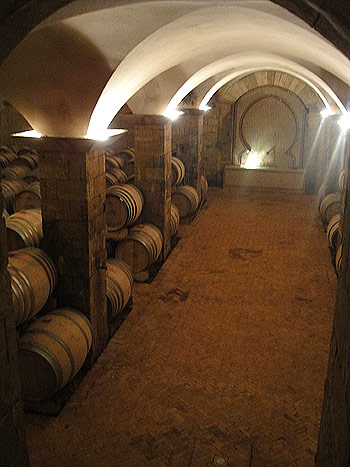
I won’t deny that 2010 has for multiple reasons been difficult for the sector, even though Morocco has shown good resistance in the face of adversity, particularly in facing the financial crisis that has shaken the world since 2008.
As to our main challenges they are in my eyes of two orders:
• Water ;
• And competitiveness.
In regards to water, the group is doing everything in its power to adopt a civic attitude to economise as much as possible of this rare resource. As for competitiveness, exogenous factors are also to be taken into consideration, among which, the heavy subsidies or aid that our friends, neighbours and often competitors continue to benefit from.
Which are the most promising markets for your international development?
As much for olive oil as for wine, the star products of our Mare Nostrum, Asia and Eastern Europe seem to me as the most promising markets. I also think sub-Saharan Africa offers good opportunities. Naturally, I do not omit the European market where we continue to nourish big ambitions.
What, according to you, are the determining factors for the success of a group of this size? (governance…)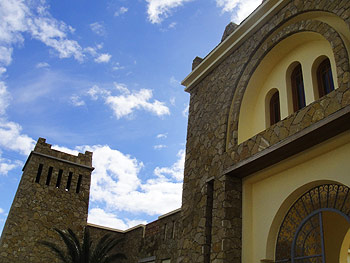
The keys to success of a group such as ours are in fact universal:
Good governance with all the transparency that this supposes;
Work and passion;
Human resources.
On a personal level, money is not my motor. I try to evaluate what I undertake from the standpoint of success as well as the value that I add on an industrial and human scale.
In what way can Moroccan industries be competitive for exportation?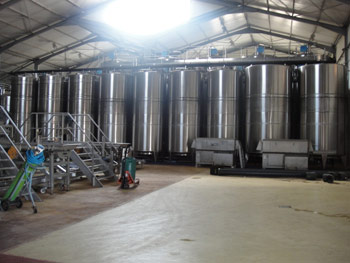
As I highlighted earlier, the competitiveness of certain products originating from Morocco is being eroded by the competitive distortions brought about by aid in different forms in provenance from and benefitting competitors. This is why Morocco should strive for excellence with high end products. The consumer is more and more in search of authentic products that are traceable and coming from agriculture that is reasonable and respectful of the environment.
The most reputable sommelier in Central America declared that you have « the most French wine out of France ». What is your message on Moroccan wines and what is your wish for the international development of your wines (markets, countries, quality…) ?
Indeed, last week we received one of the best sommeliers in the world, Mr. Yamir PELEGRINO. The remarks that we received were for the least, flattering. But, we are also proud of the singularity of our local products, our climate and the human dimension that can make or break it all. In this case, diversity is also a source of wealth.
In terms of image, how is your product perceived in foreign markets? 
I confess that Morocco has for a long time promoted a somewhat negative image abroad and which had made it difficult to succeed out of the national territory.
I notice that the tendency has been inversed for a number of years already. For multiple reasons, ‘provenance from’ Morocco, is starting to benefit from positive a priori. This reinforces our desire to position our products on high range segments.
What are your strategic development points for this year and what is your vision for the holding company?
2011 should allow us to reinforce our positions in our core activities through massive investment throughout our network. Likewise, we are counting on the realization of an ambitious project on the Chinese market on the occasion of a joint venture with a local partner with whom we have been negotiating for more than a year.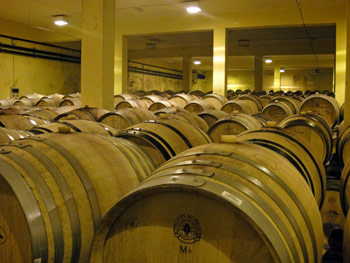
Finally, 2011 should allow us to consolidate the stability of our group. After a vast reorganisation process initiated almost three years ago, I hope to enjoy the beautiful countryside of Meknès where I reside and pass on the torch to my son Leyth ZNIBER.